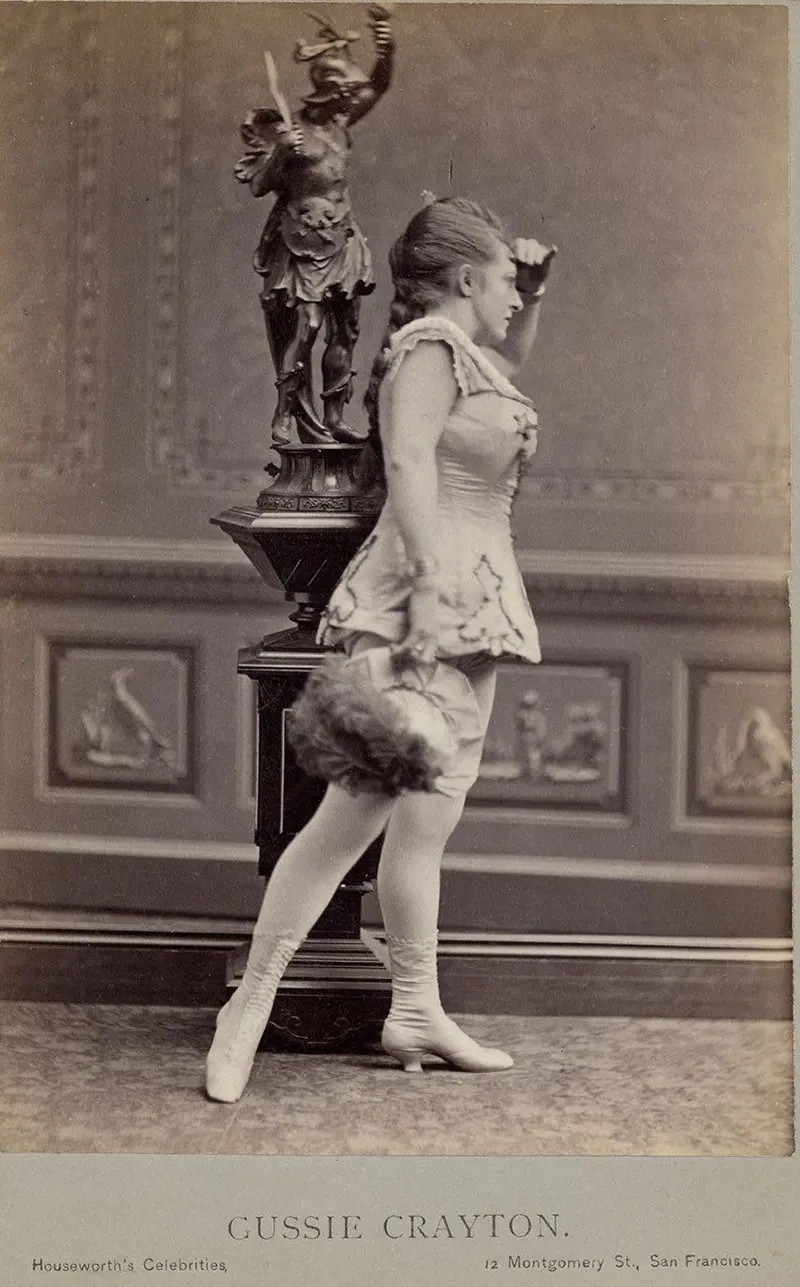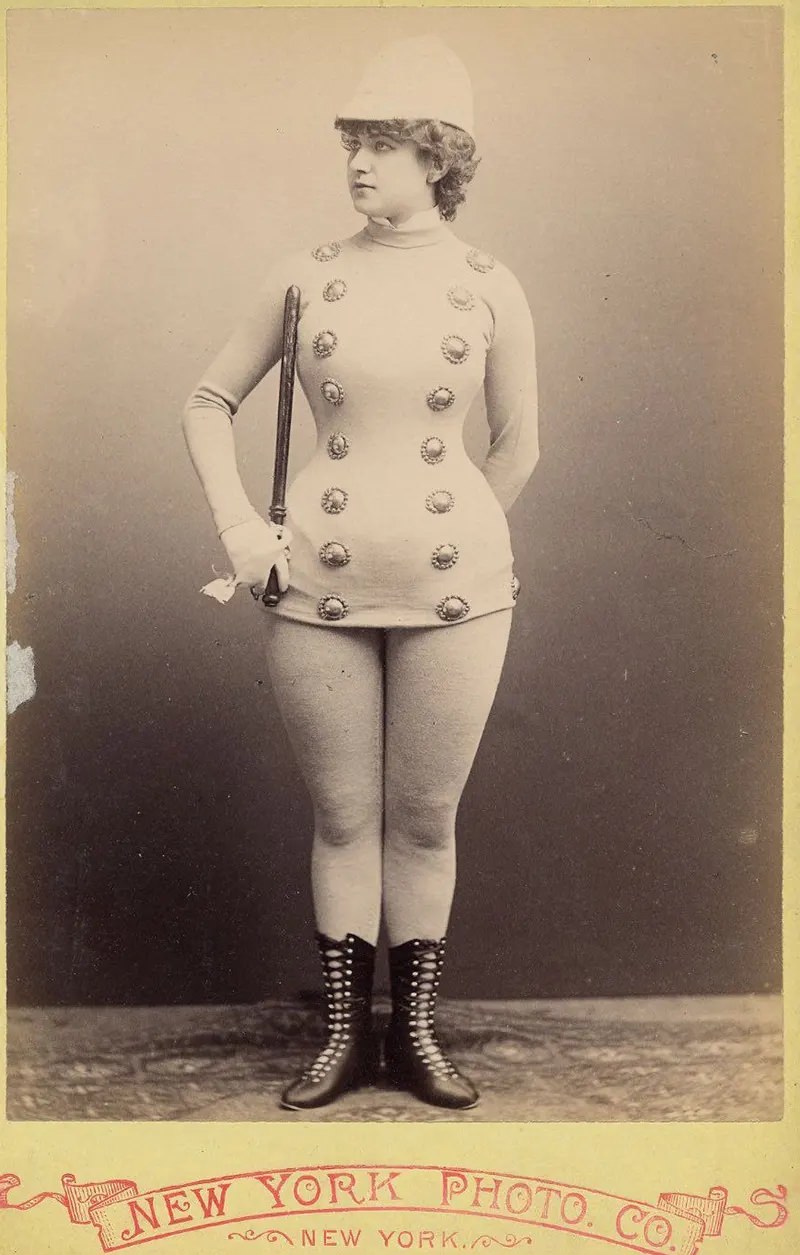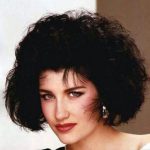Burlesque refers to literary, dramatic, or musical works meant to provoke laughter by parodying serious works or ludicrously treating their subjects. It’s an entertainment form with parodic humor that involves comic skits, chorus lines, or stripteases. The burlesque performers often create elaborate sets with lush, colorful costumes, mood-appropriate music, and dramatic lighting. Performers may use novelty acts such as fire-breathing or unusual flexibility demonstrations to enhance their impact.
Burlesque originated in the 1840s when working-class society clashed with social rules from the aristocracy early in the Victorian Era. It became a popular blend of satire, performance art, and adult entertainment during the early twentieth century. Burlesque turns social norms head over heels. Traditionally, the genre encompasses dancing girls, chanson singers, stand-up comics, mime artists, and strip tease, all satirical and saucy. Especially in the United States, the term refers to various shows. Bawdy comedy and female striptease were popular from the 1860s to the 1940s, often in cabarets and clubs. Many burlesque entertainment has been dedicated to lowbrow and ribald subjects, perhaps due to historical, social tensions.
Burlesque Shows were popular from the 1870s through the 1920s and were raucous and bawdy. It was inspired by Lydia Thompson and her troupe, the British Blondes, who first appeared in the United States in the 1860s, and early “leg” shows such as The Black Crook (1866). There is a strong connection between American burlesque’s form, humor, and aesthetic traditions and the minstrel show. One well-known burlesque troupe was Rentz-Santley Novelty and Burlesque Company, which was established by M.B. Leavitt in 1870, who pioneered minstrel shows’ feminisation with minstrel shows Madame Rentz’s Female Minstrels. Burlesque shows mocked traditional entertainment forms such as opera, Shakespeare’s plays, musicals, and ballet. Costumes (or lack of them) increasingly reflected unpolite conditions of dress.
The burlesque developed some informal rules for defining itself by the 1880s: sexually suggestive dialog, dancing, plotlines, and staging, pun-laden humor, short routines or sketches with minimal plot cohesion across a show, and minimal costumes for female performers. By the late 1920s, striptease had overshadowed comedy, and burlesque was subject to extensive local legislation. The popularity of burlesque gradually declined after the 1940s. During the 1930s and 1960s, several producers recreated burlesque on stage and in Hollywood films to capitalize on nostalgia for the entertainment.
These photos are from the Charles H. McCaghy Collection of Exotic Dance from Burlesque to Clubs. These photographs are from the personal collection of Dr Charles H. McCaghy, professor emeritus at Bowling Green State University’s Department of Sociology.


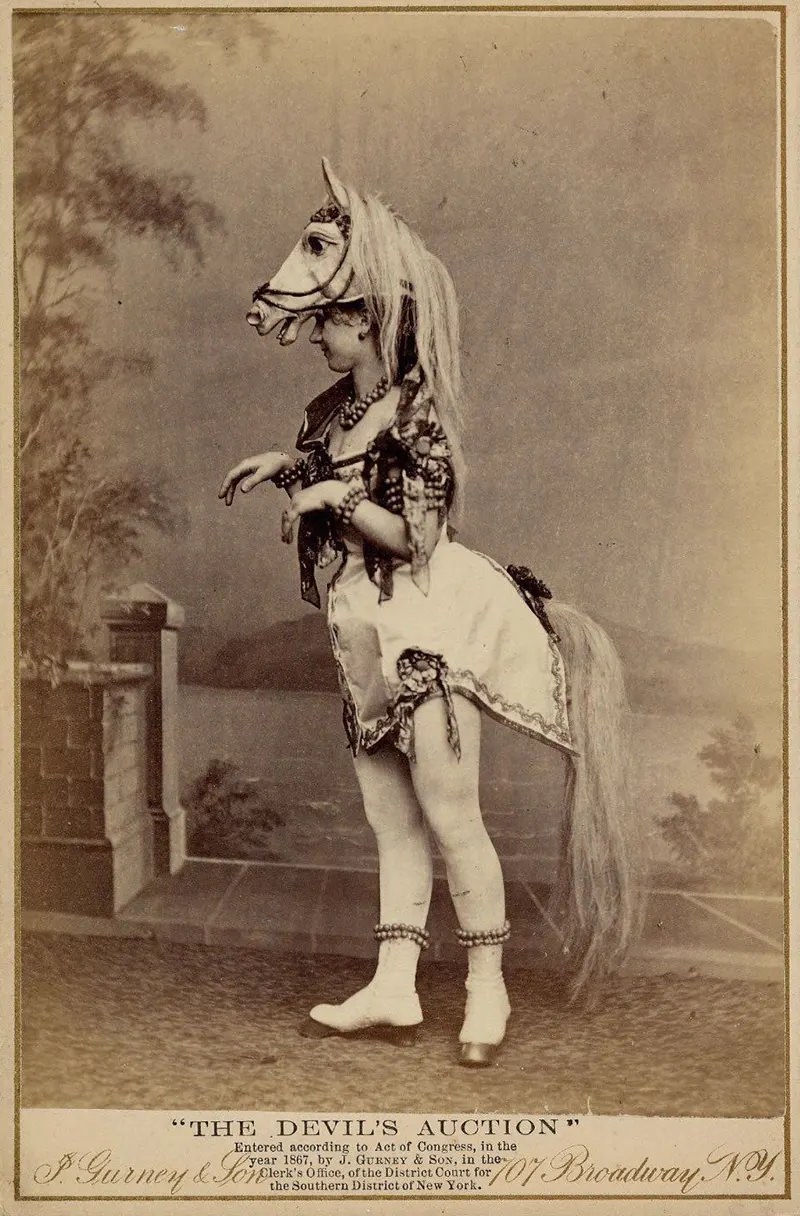
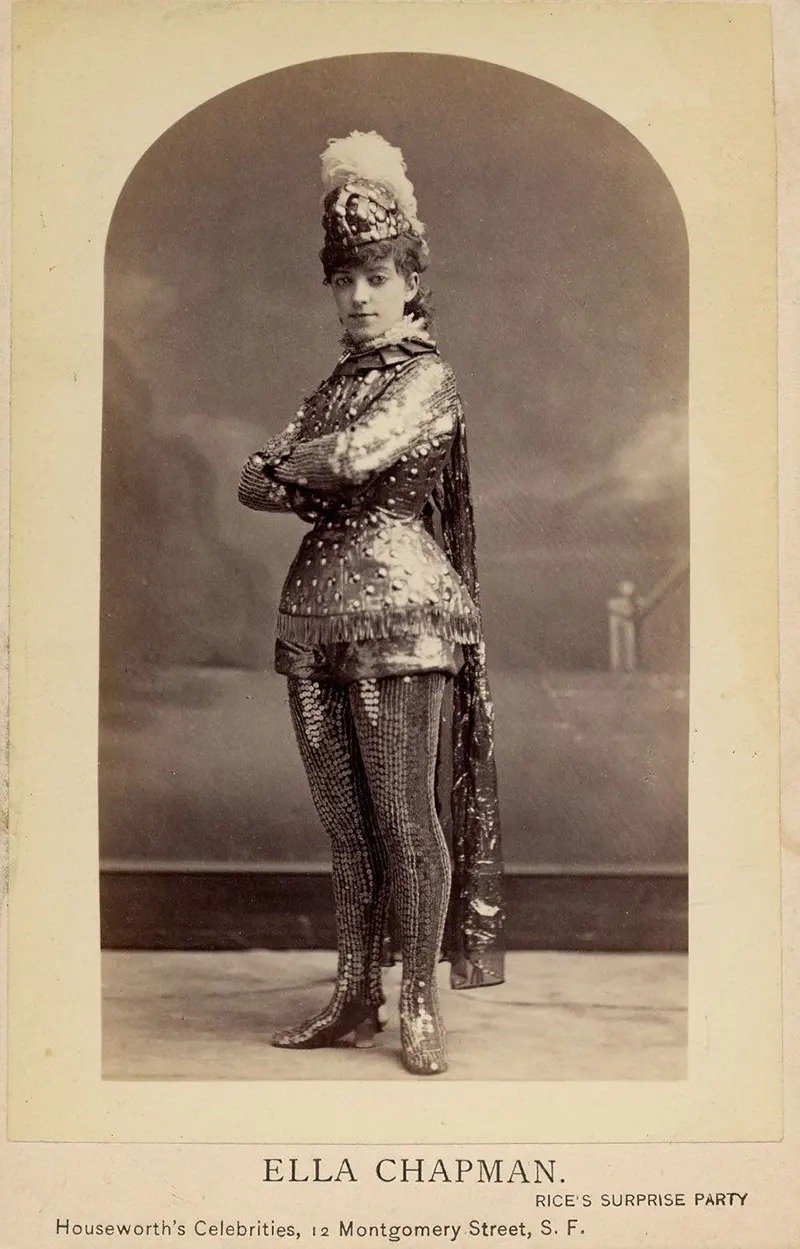
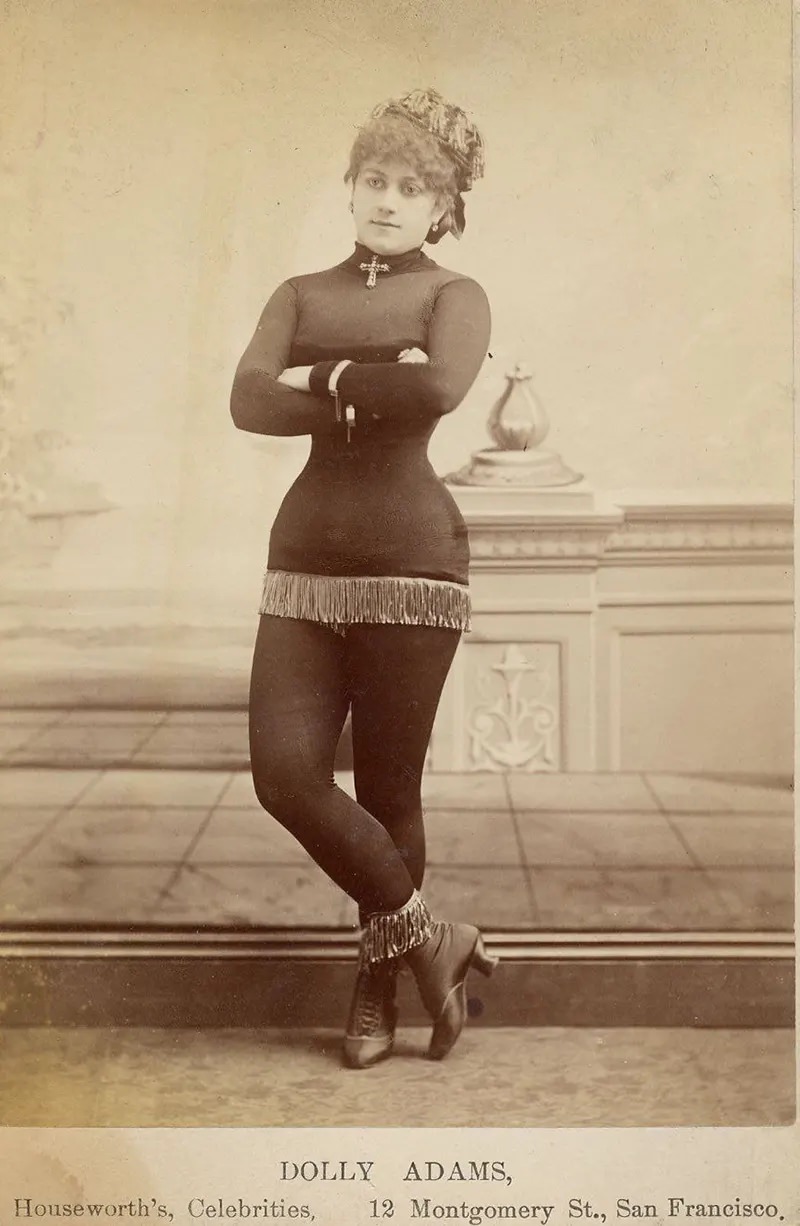
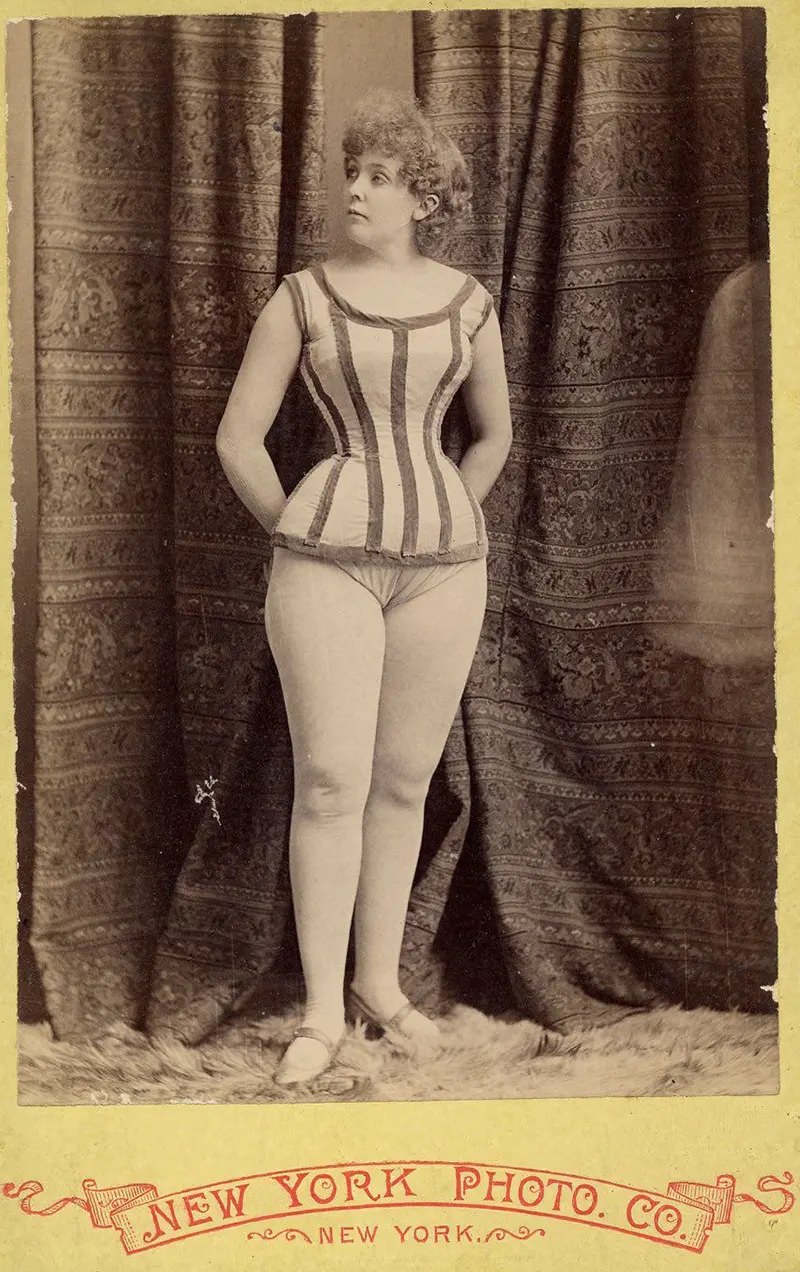
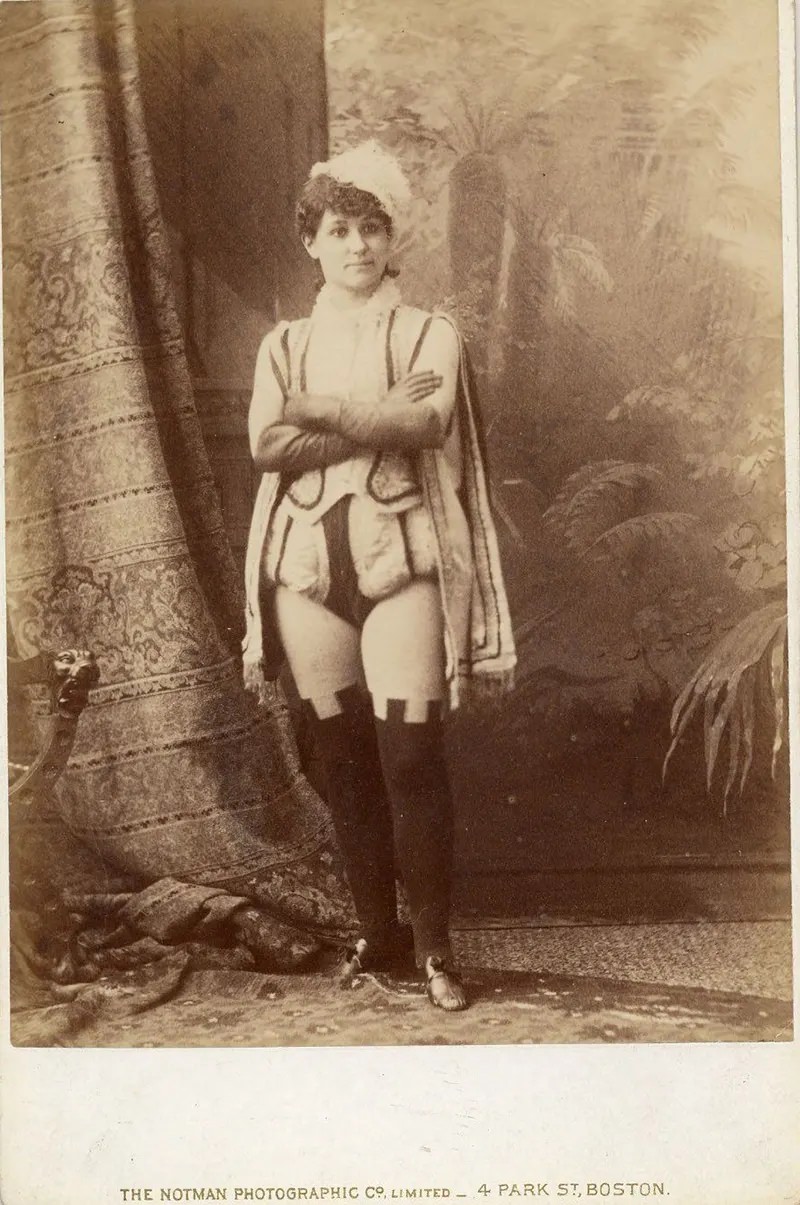
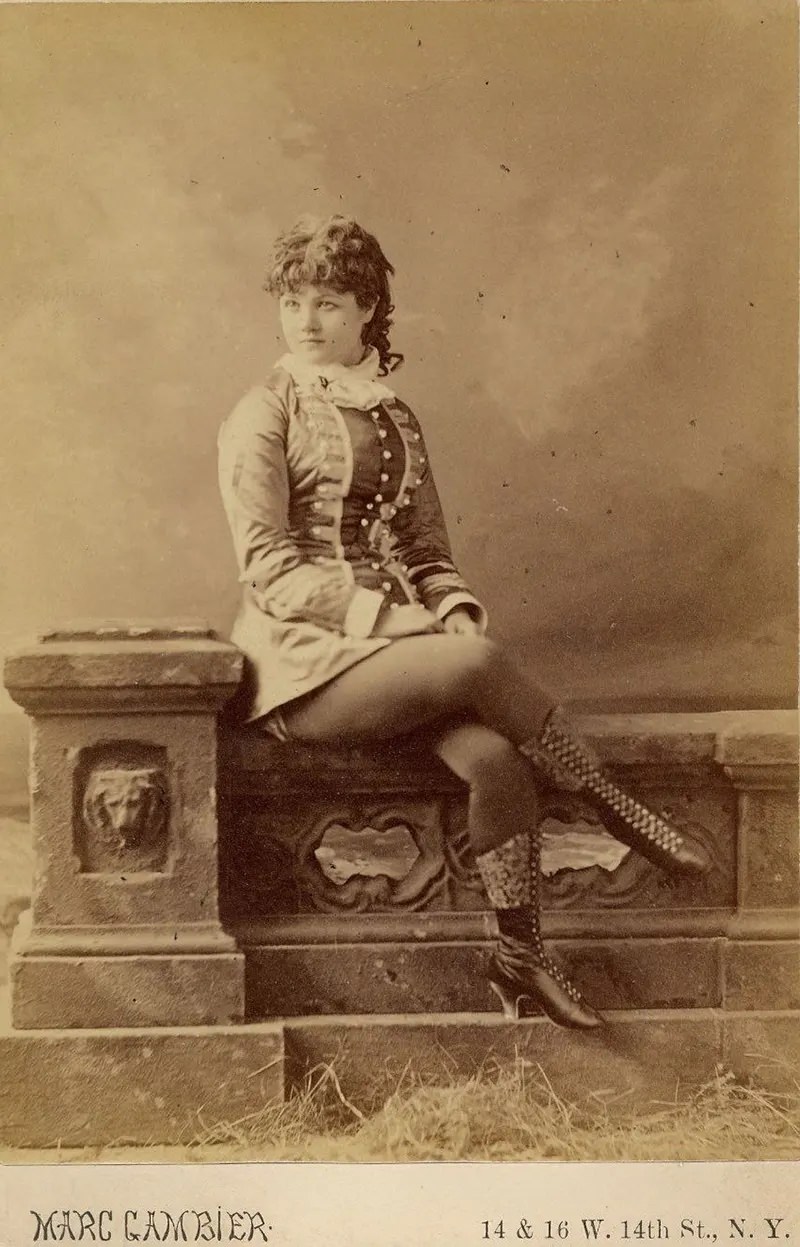
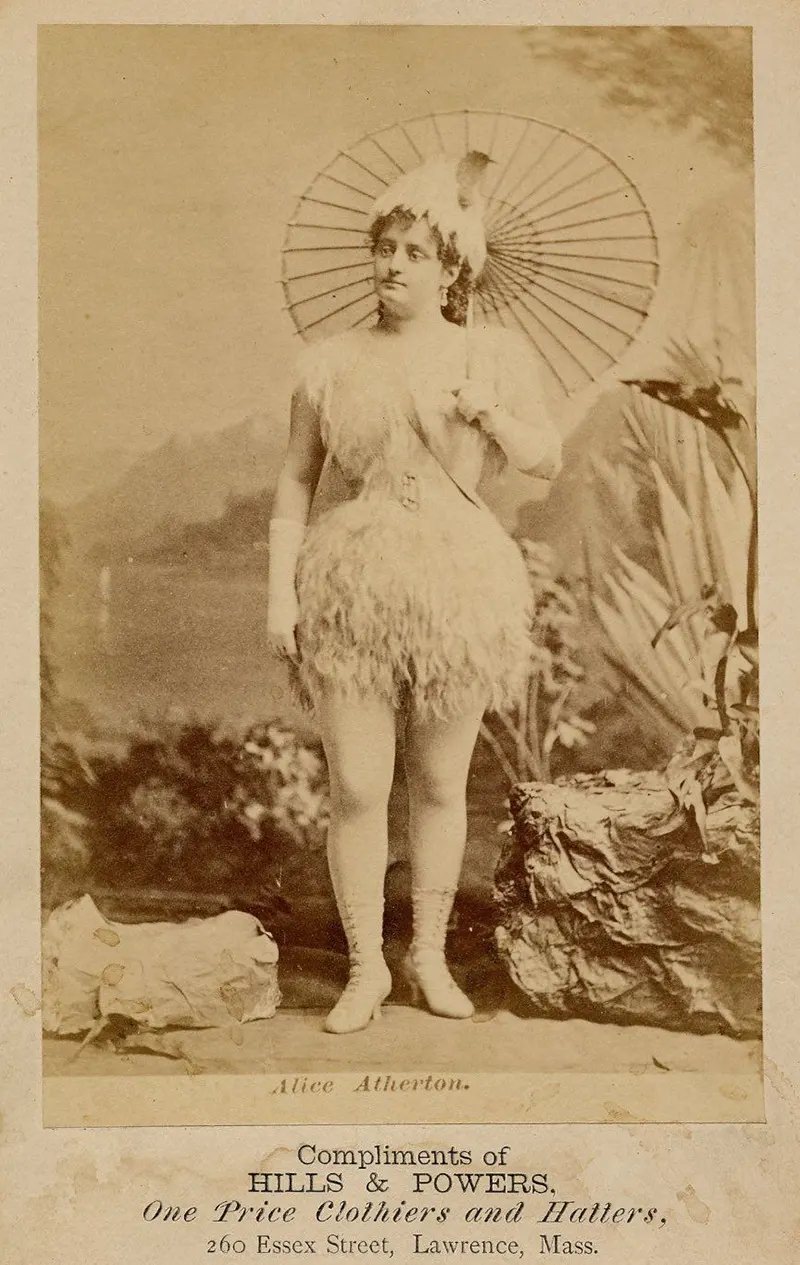
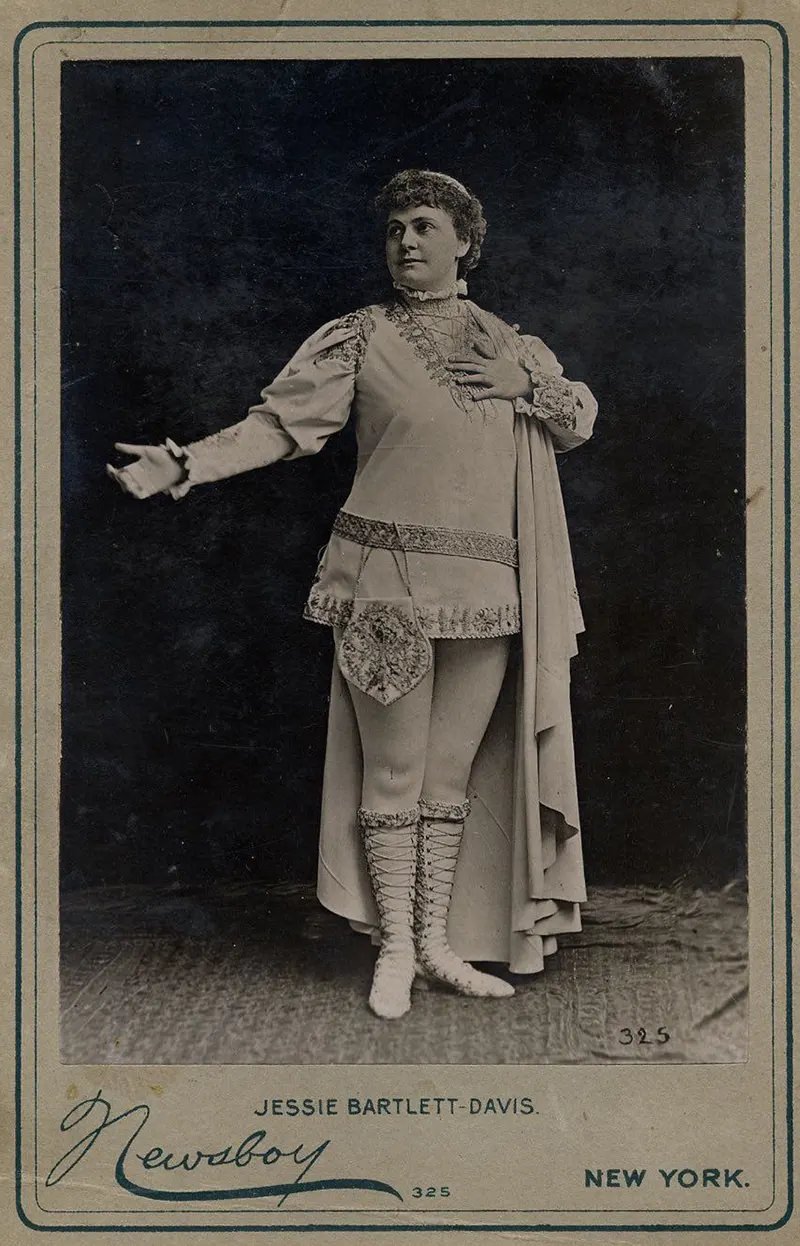
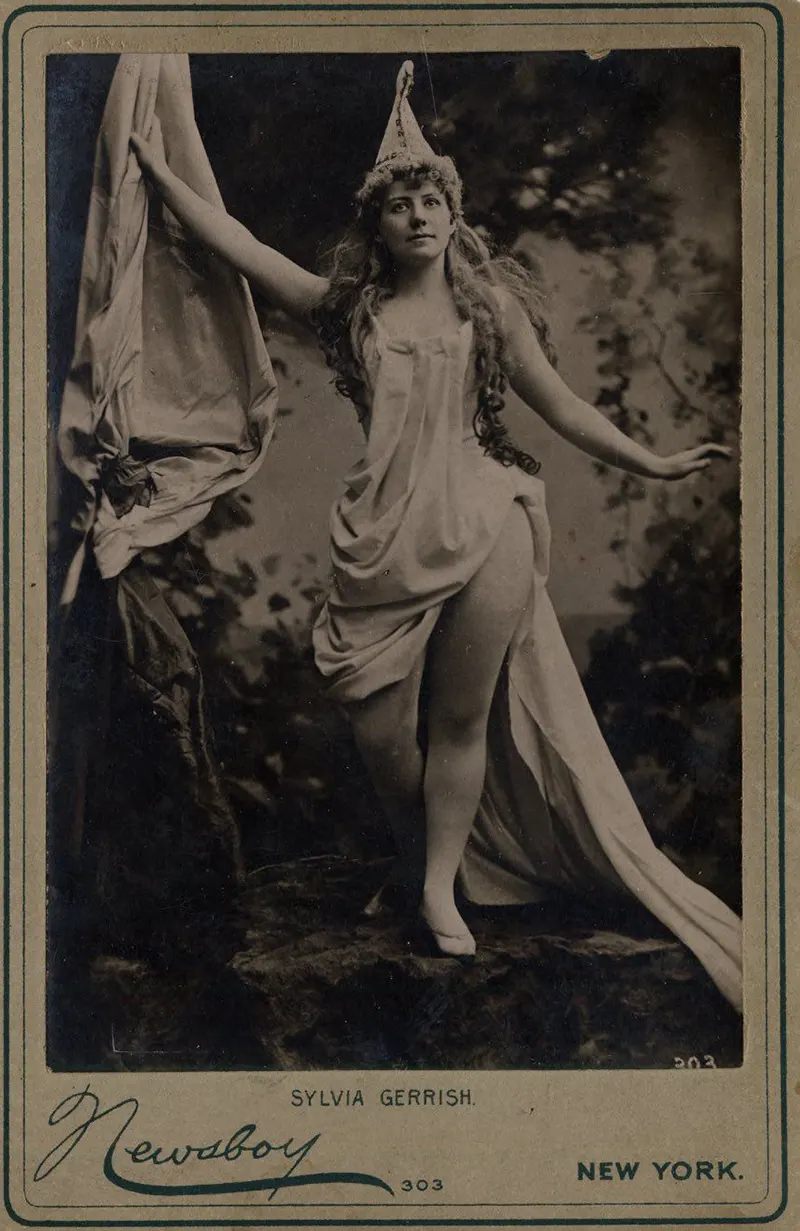
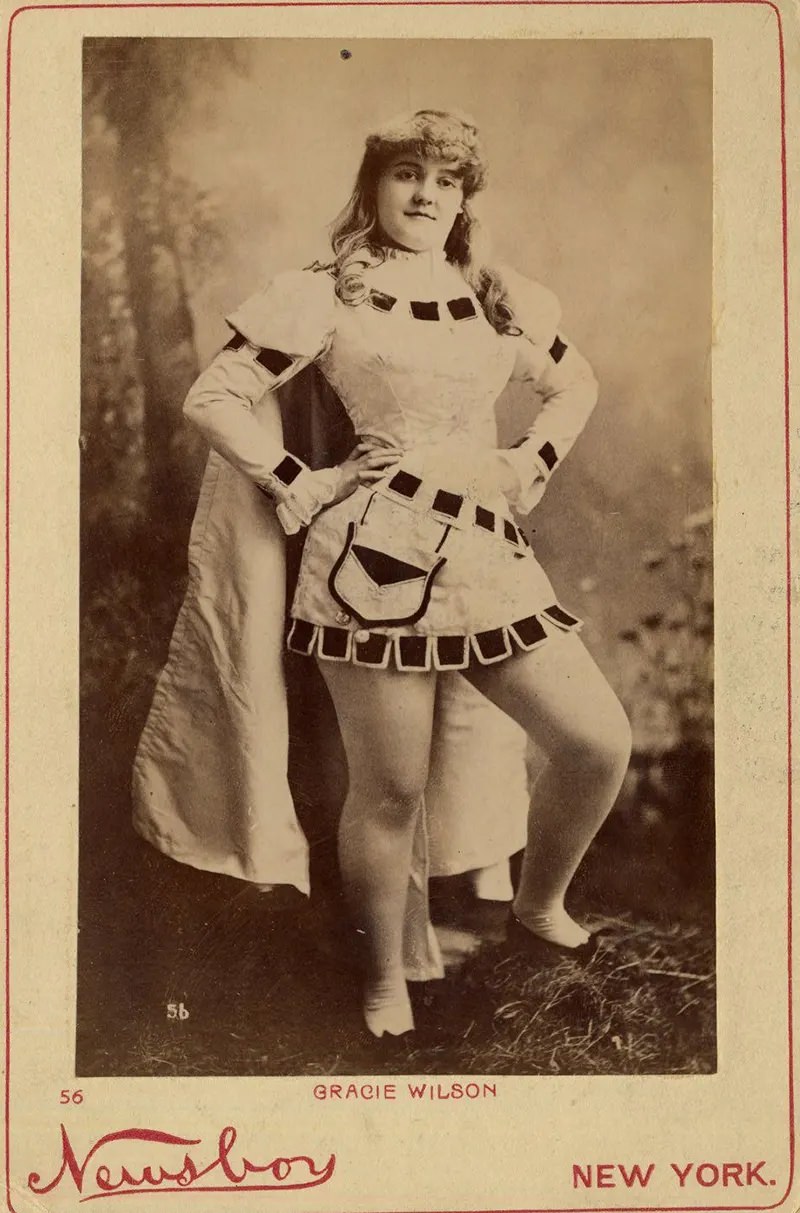
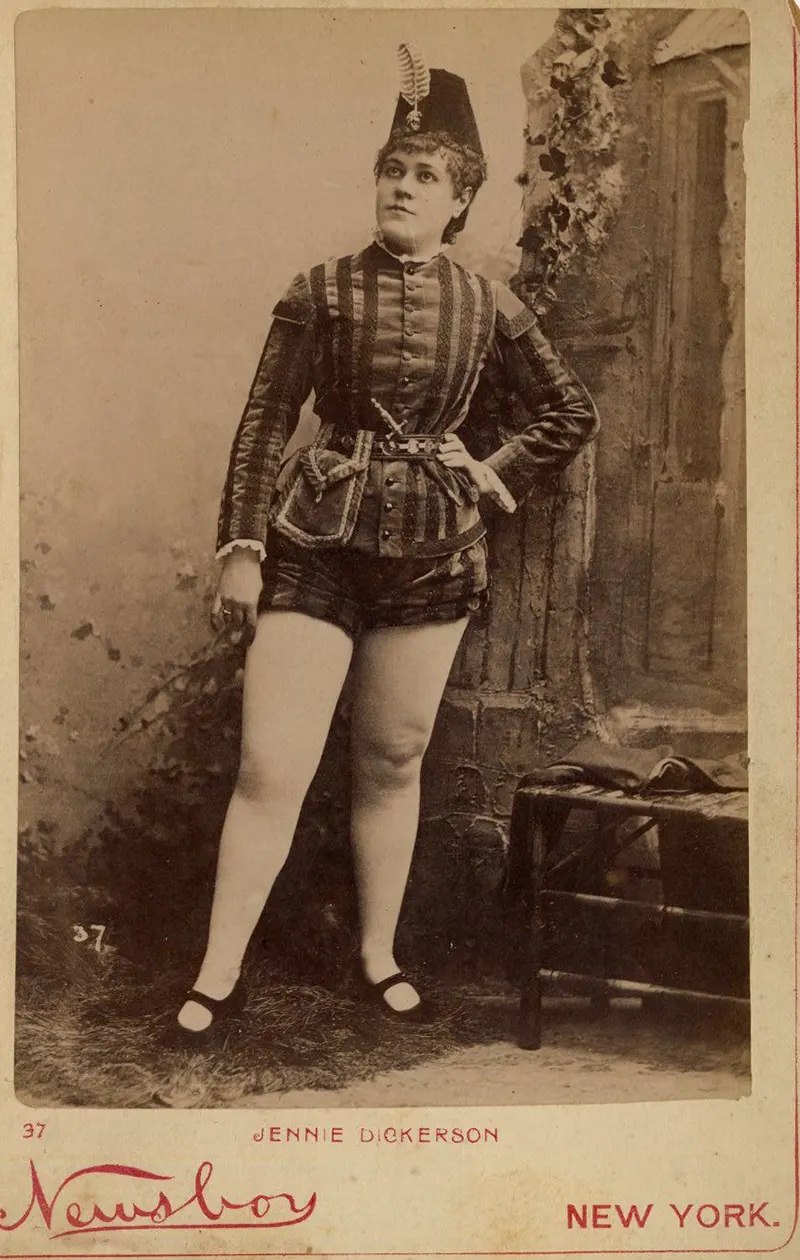
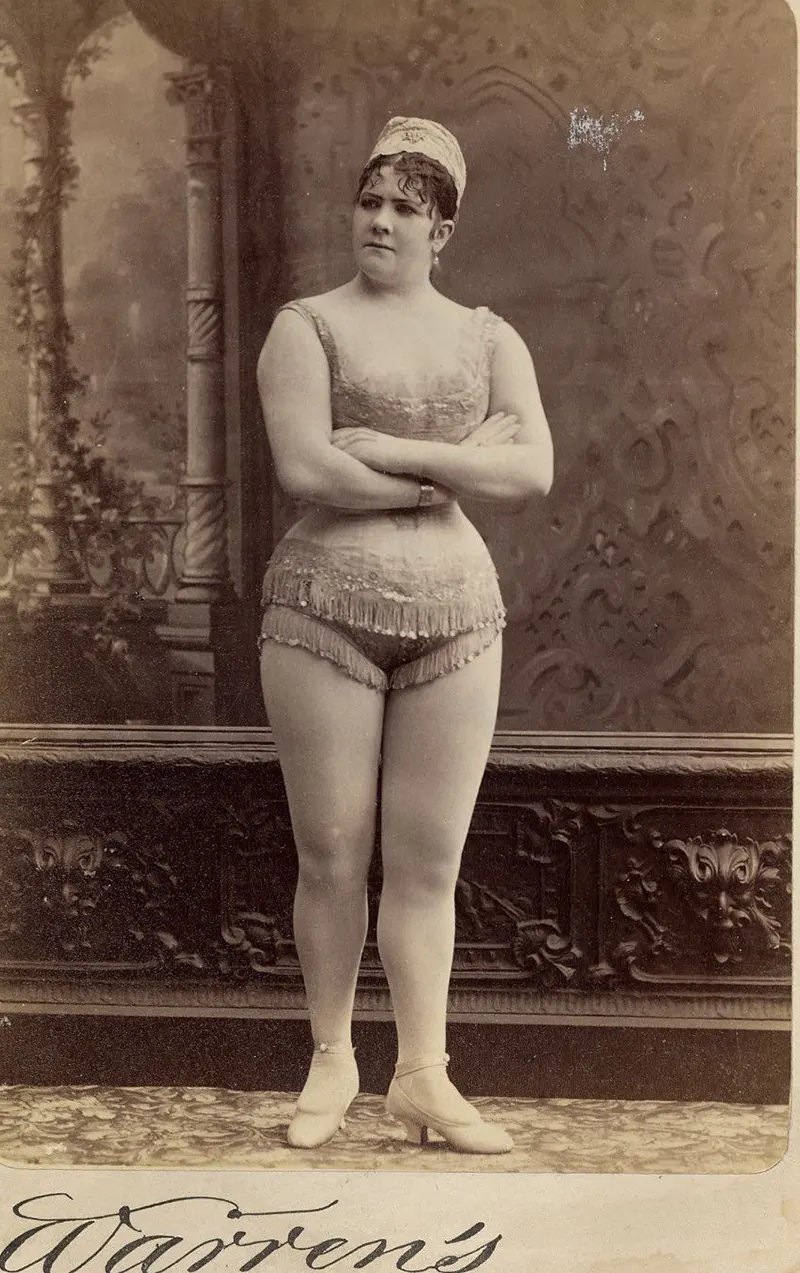
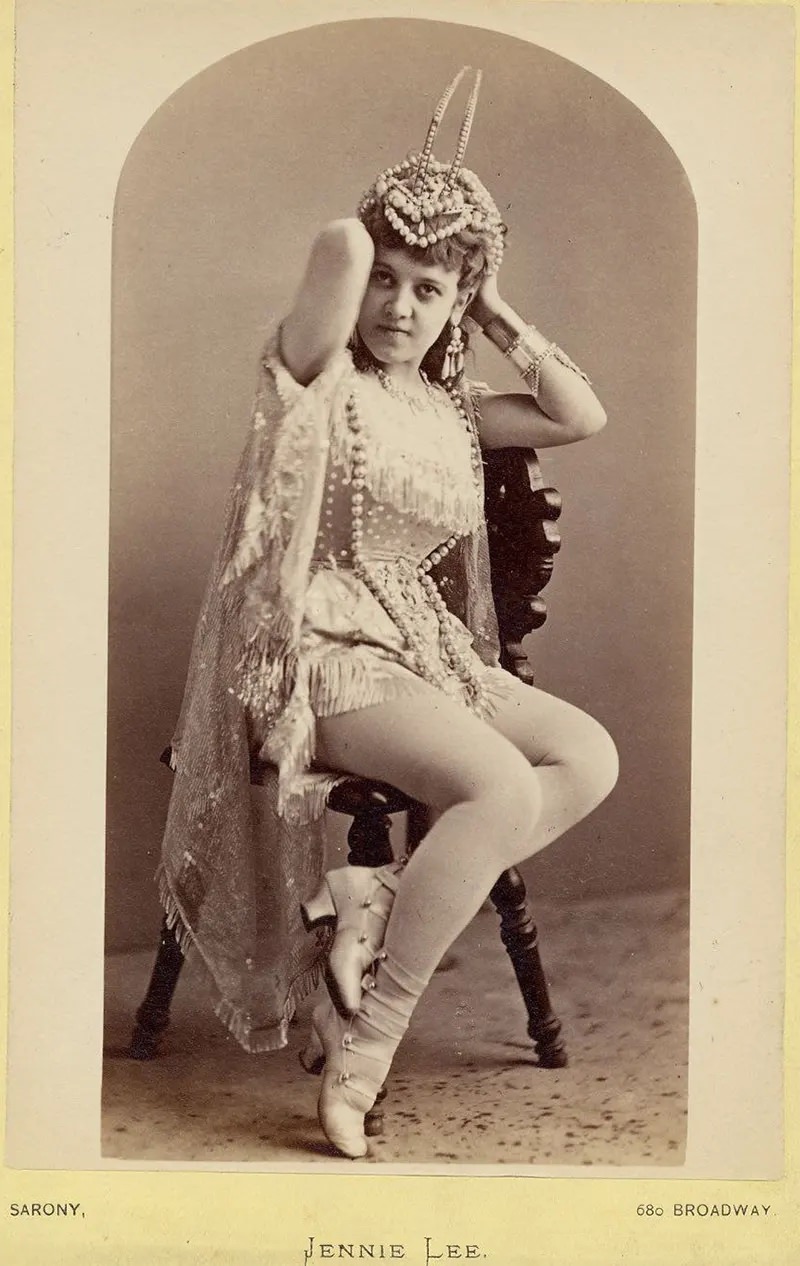
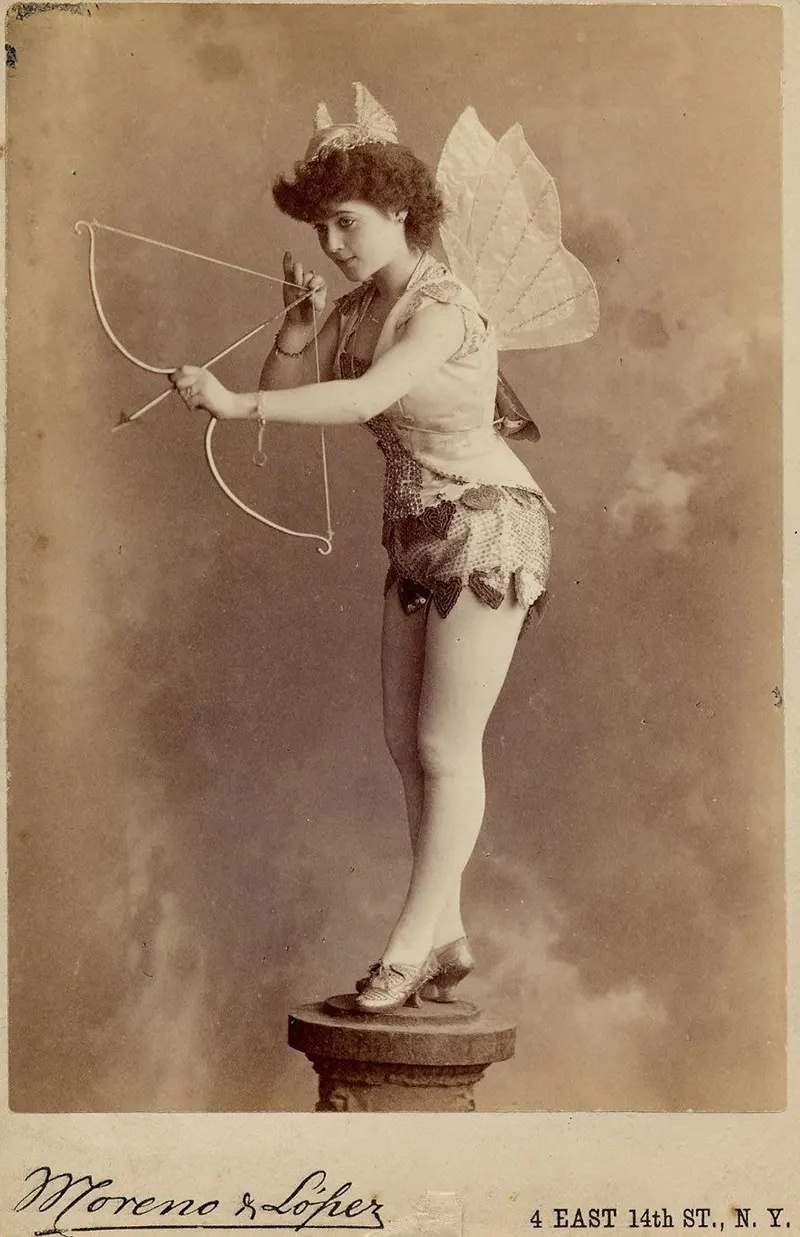
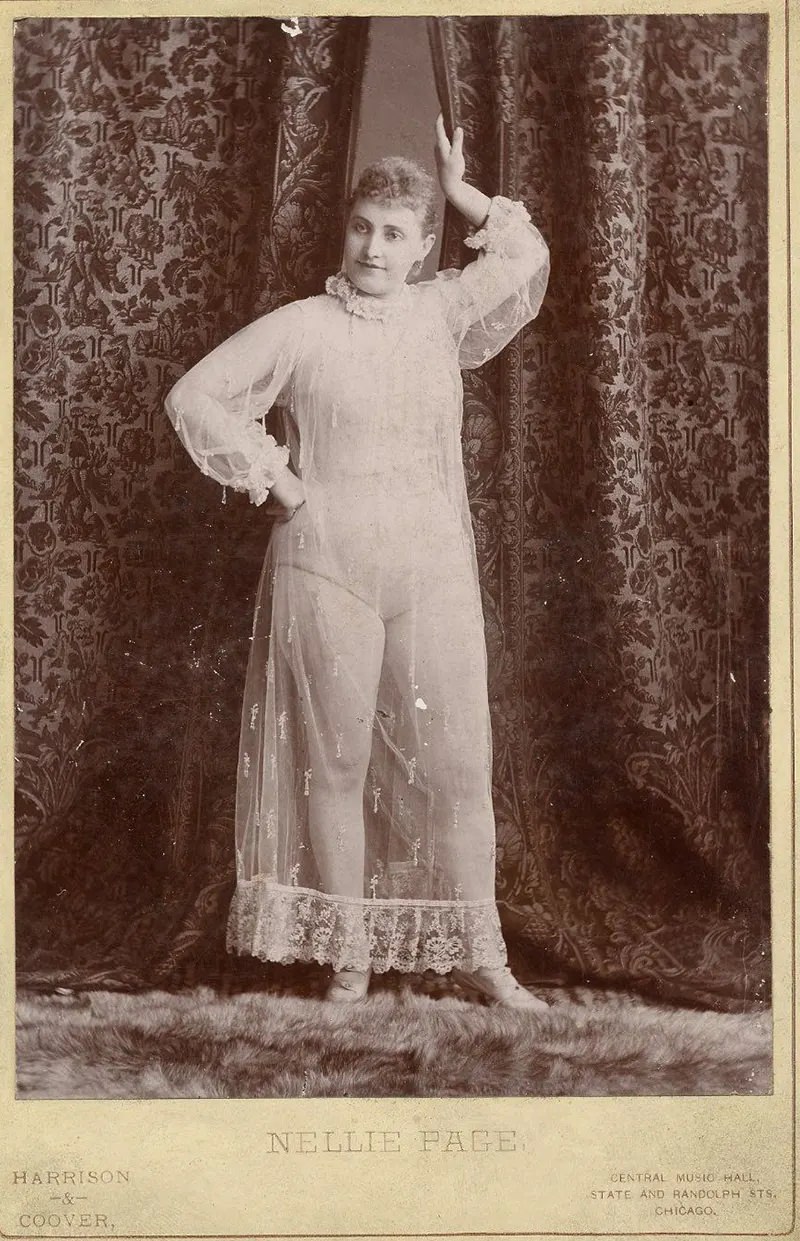
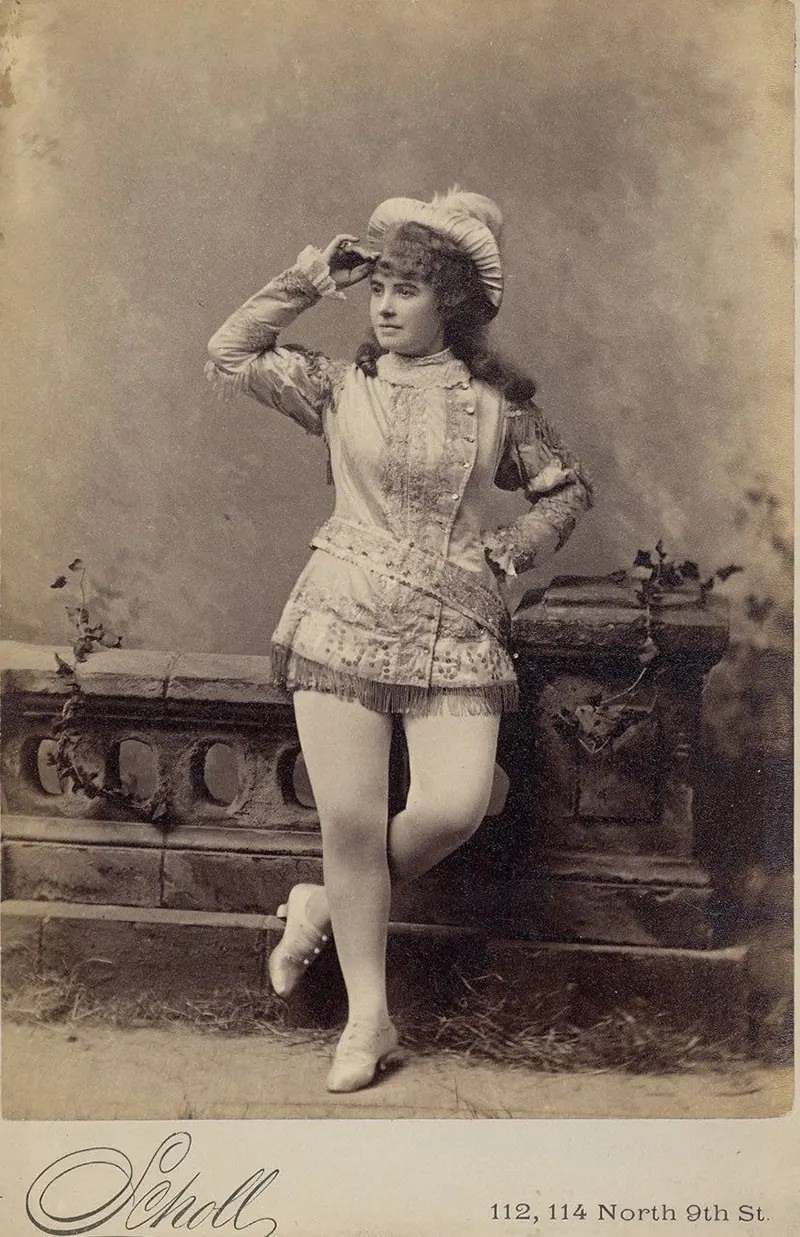
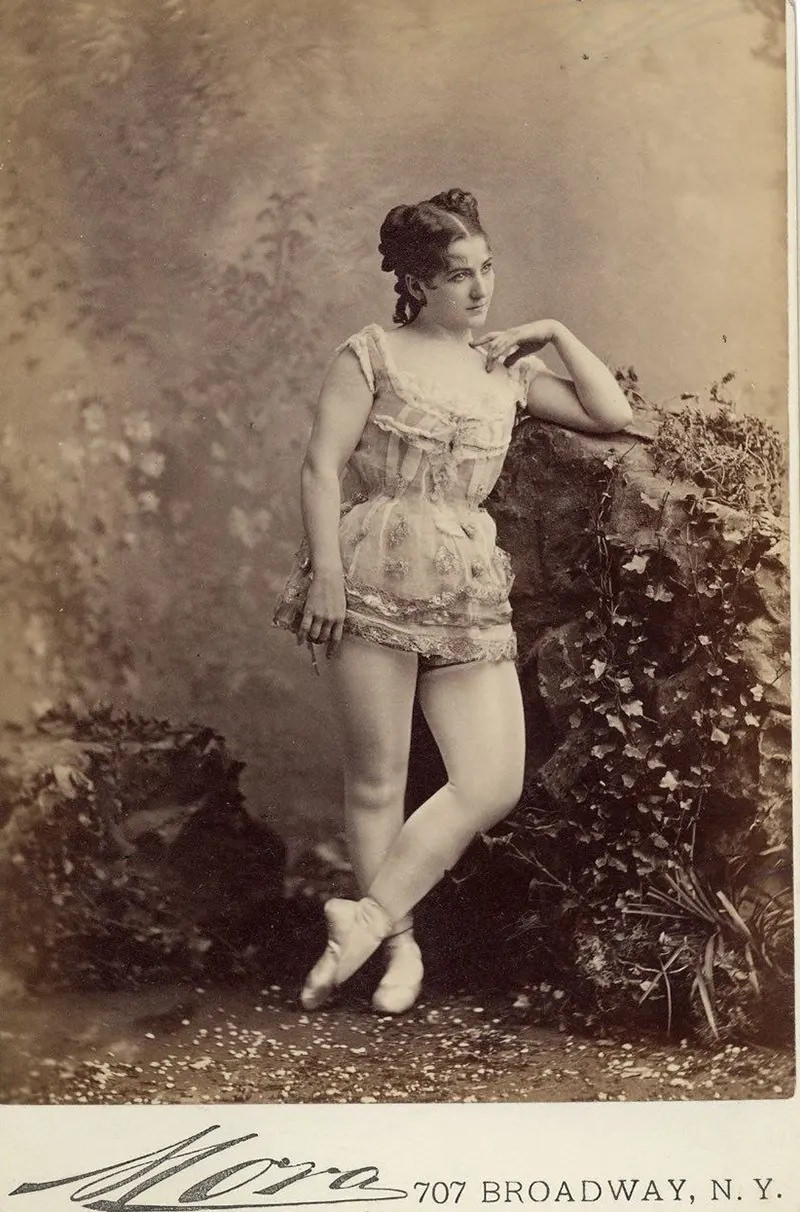
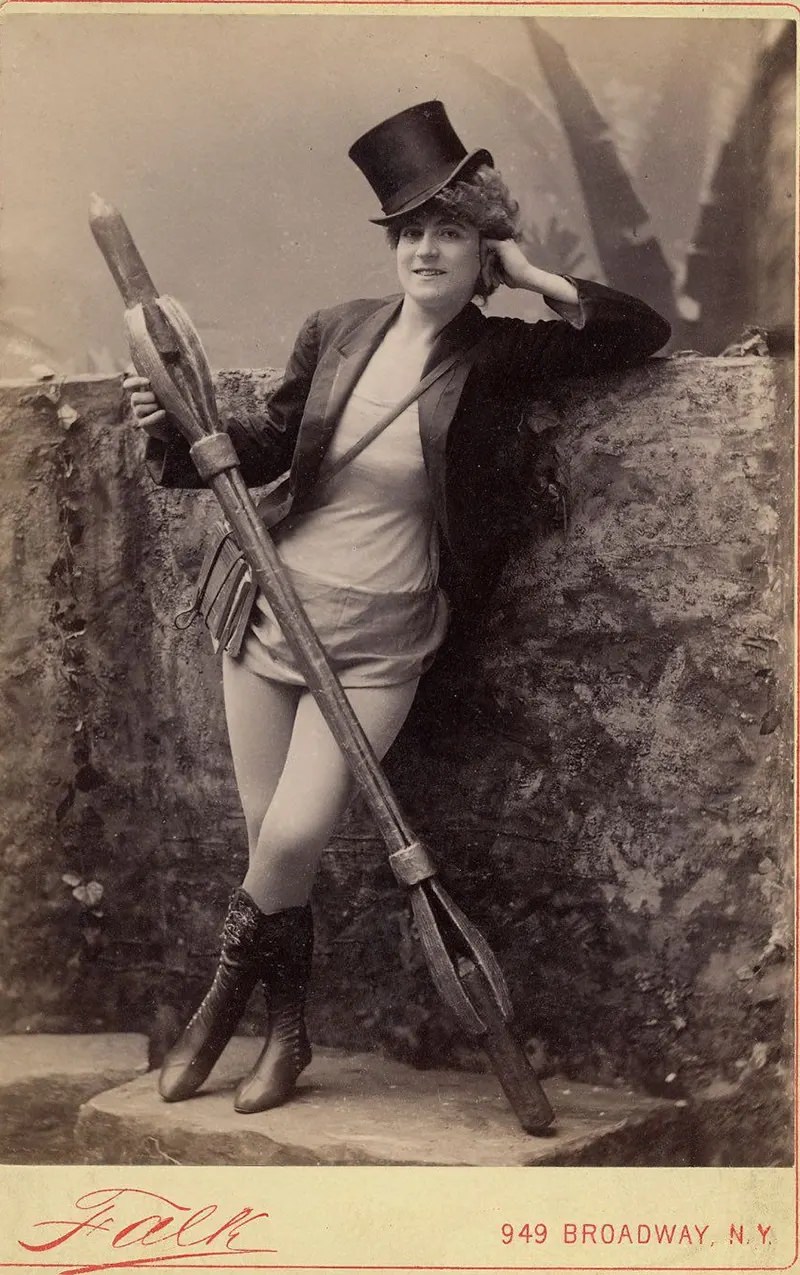
![Unidentified female performer [Camille?] in a short sailor-style costume, shoes with knee-high stockings.](https://www.bygonely.com/wp-content/uploads/2022/08/Victorian-Burlesque-Dancers-19.jpg)
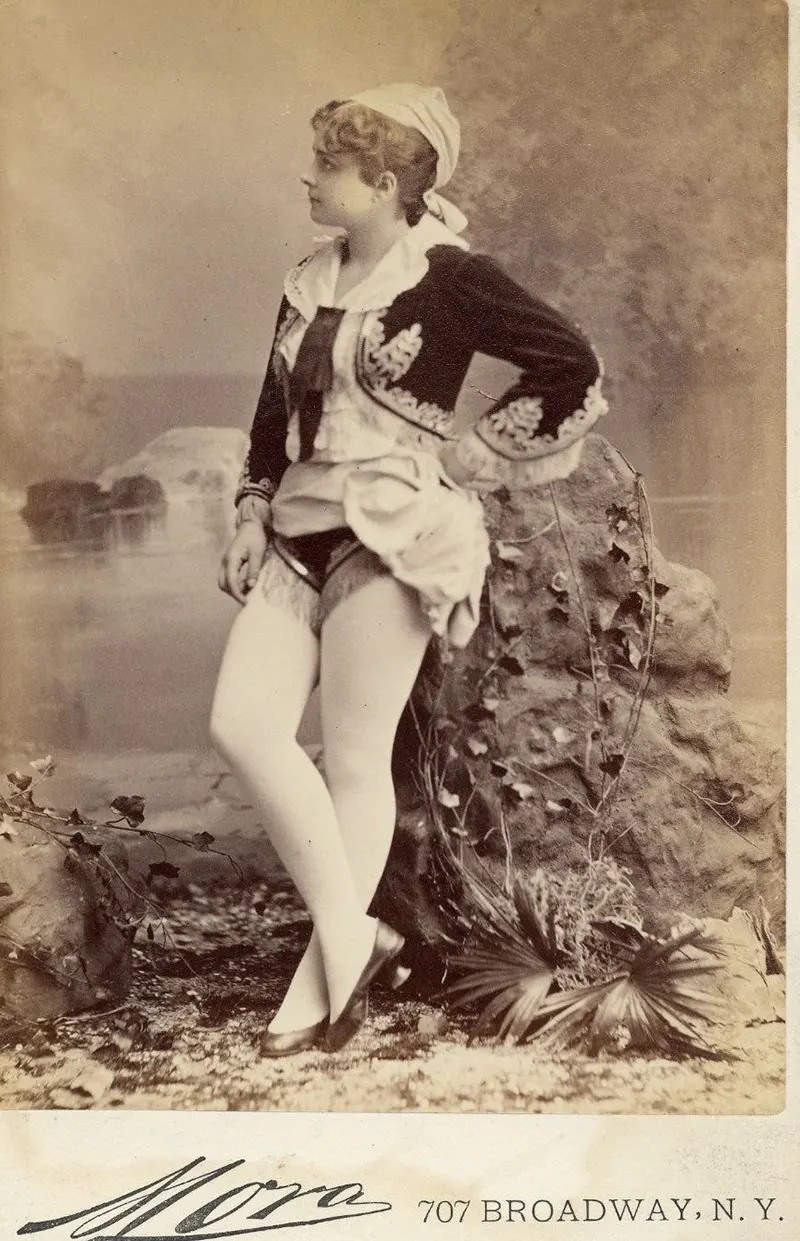
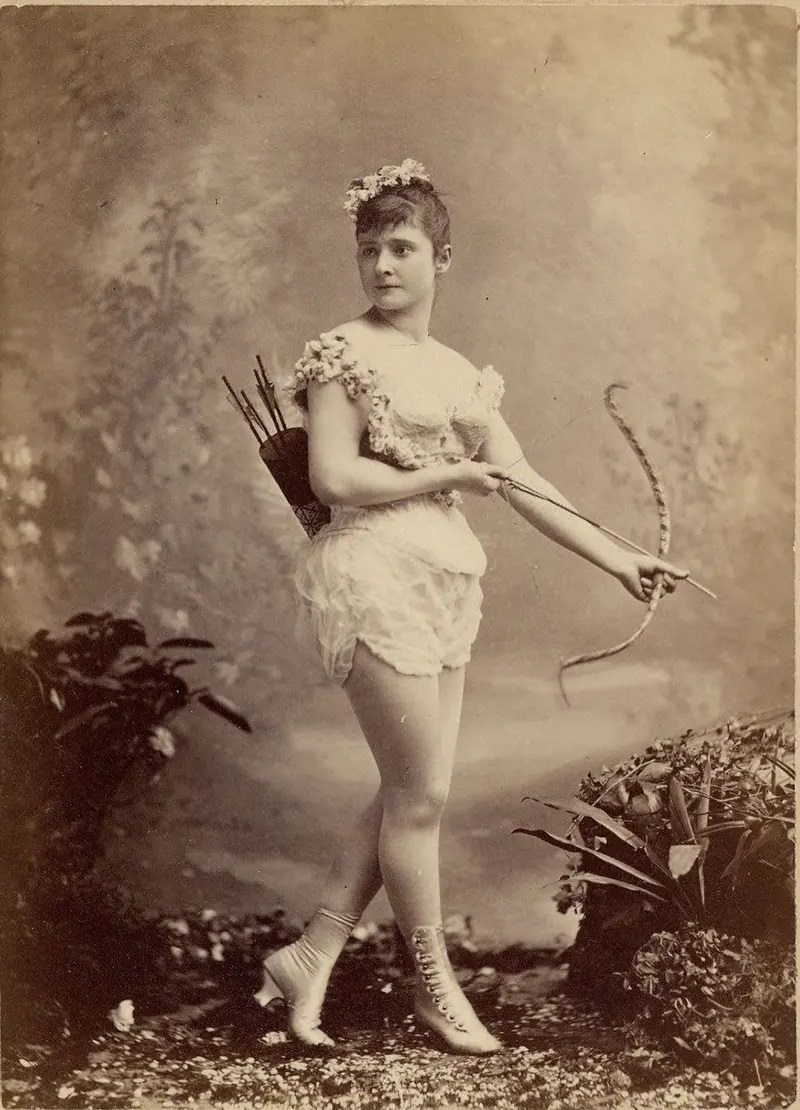
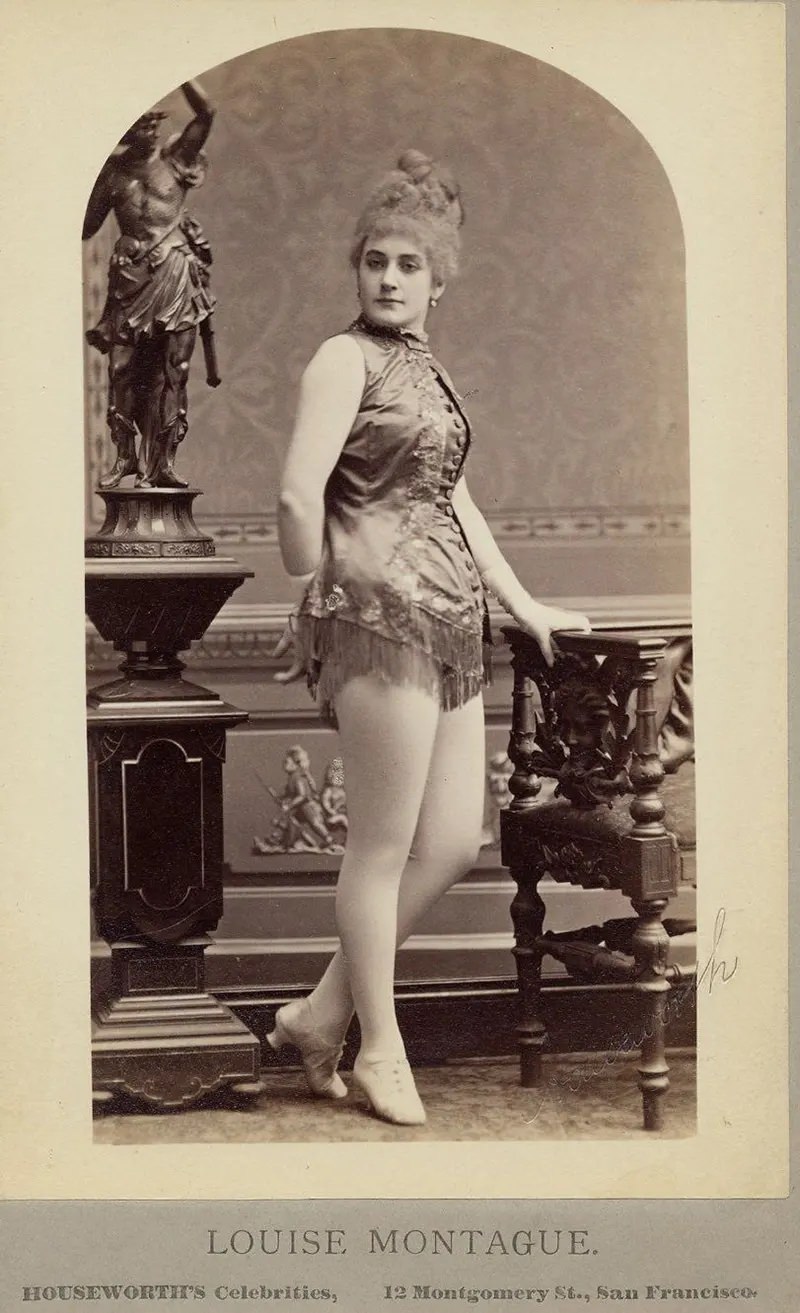
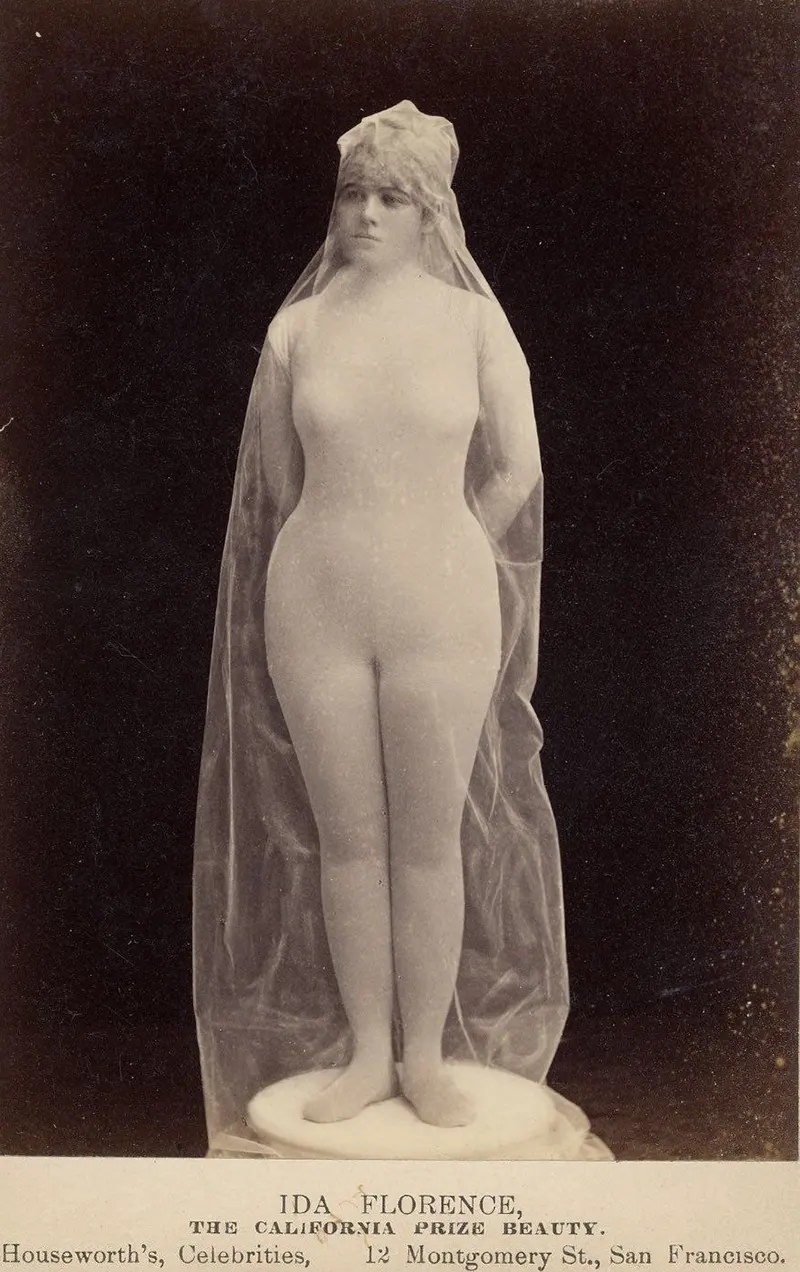
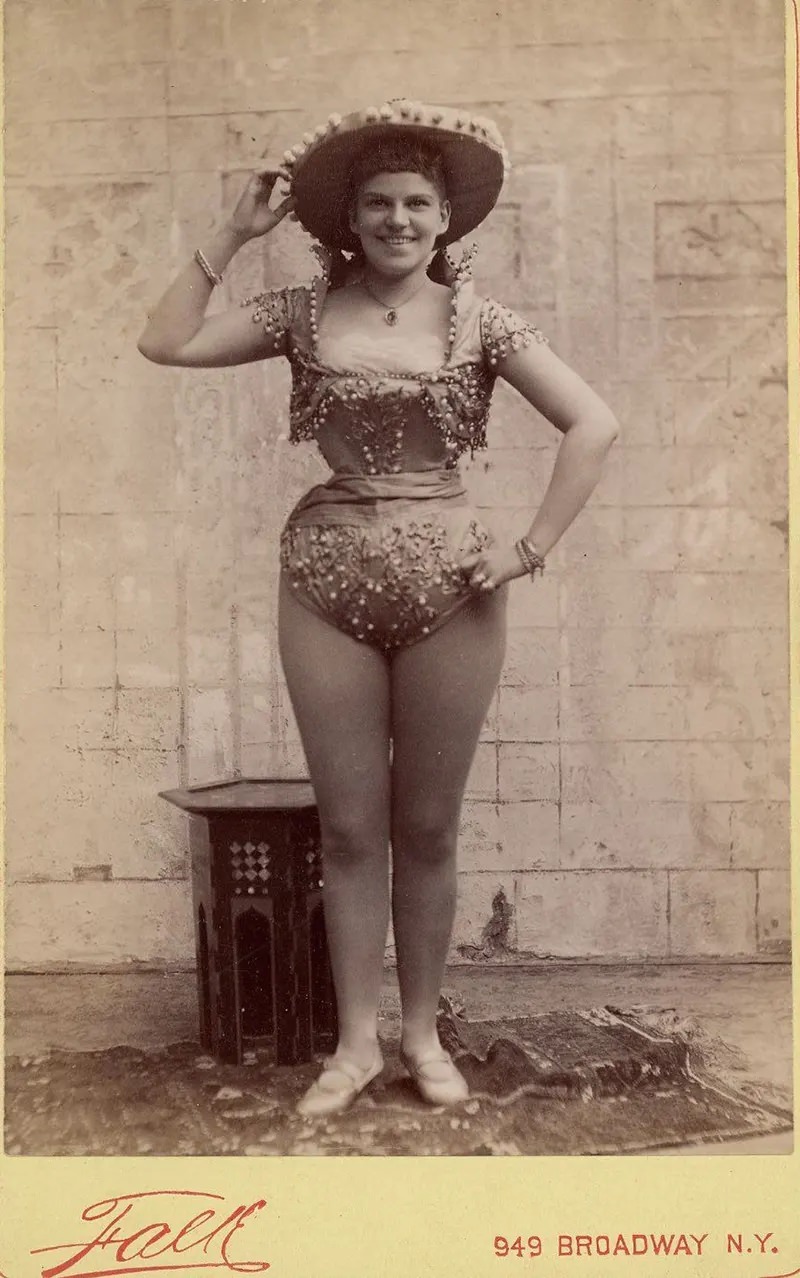
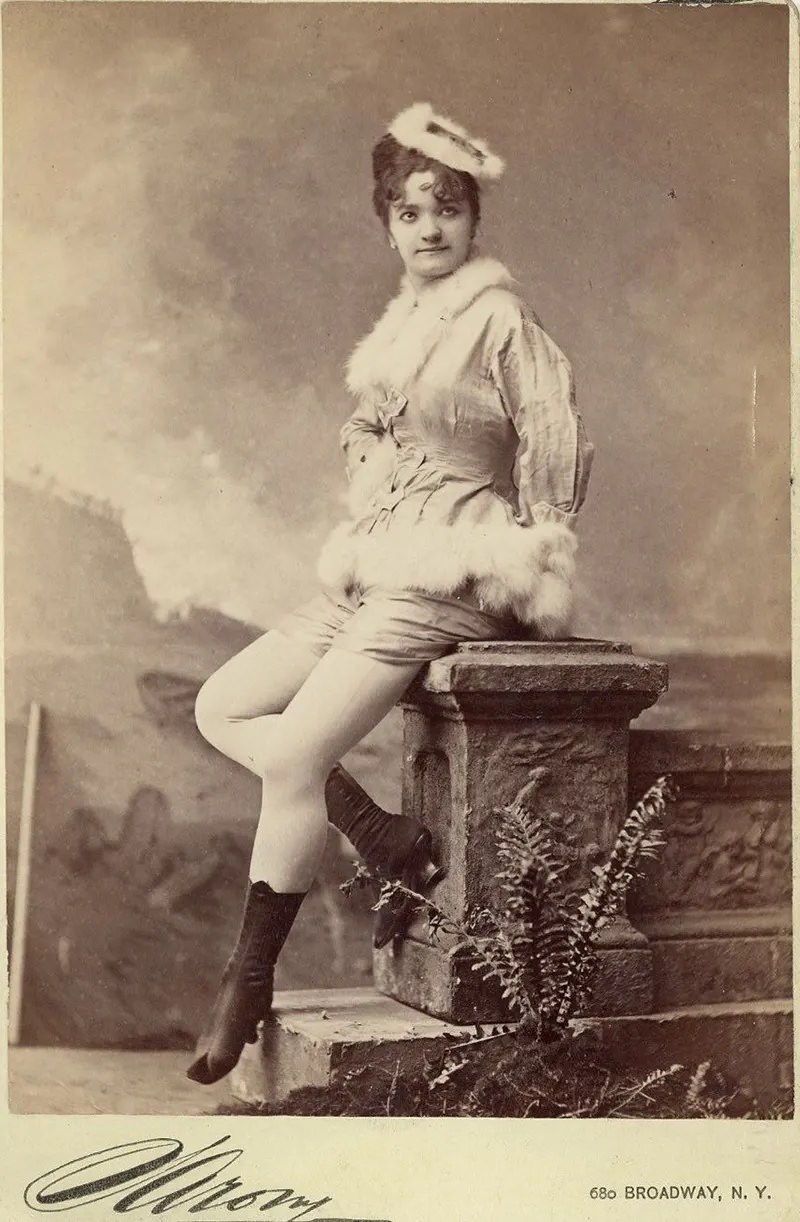
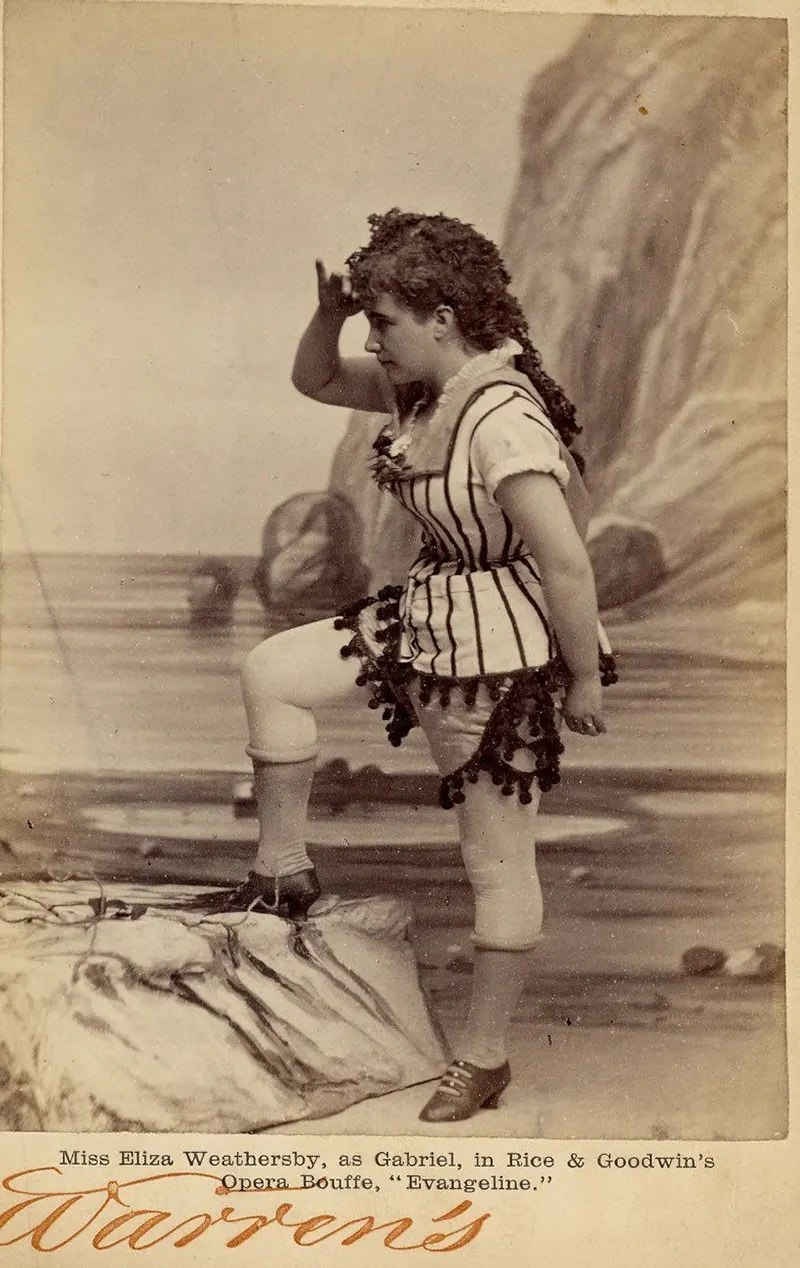
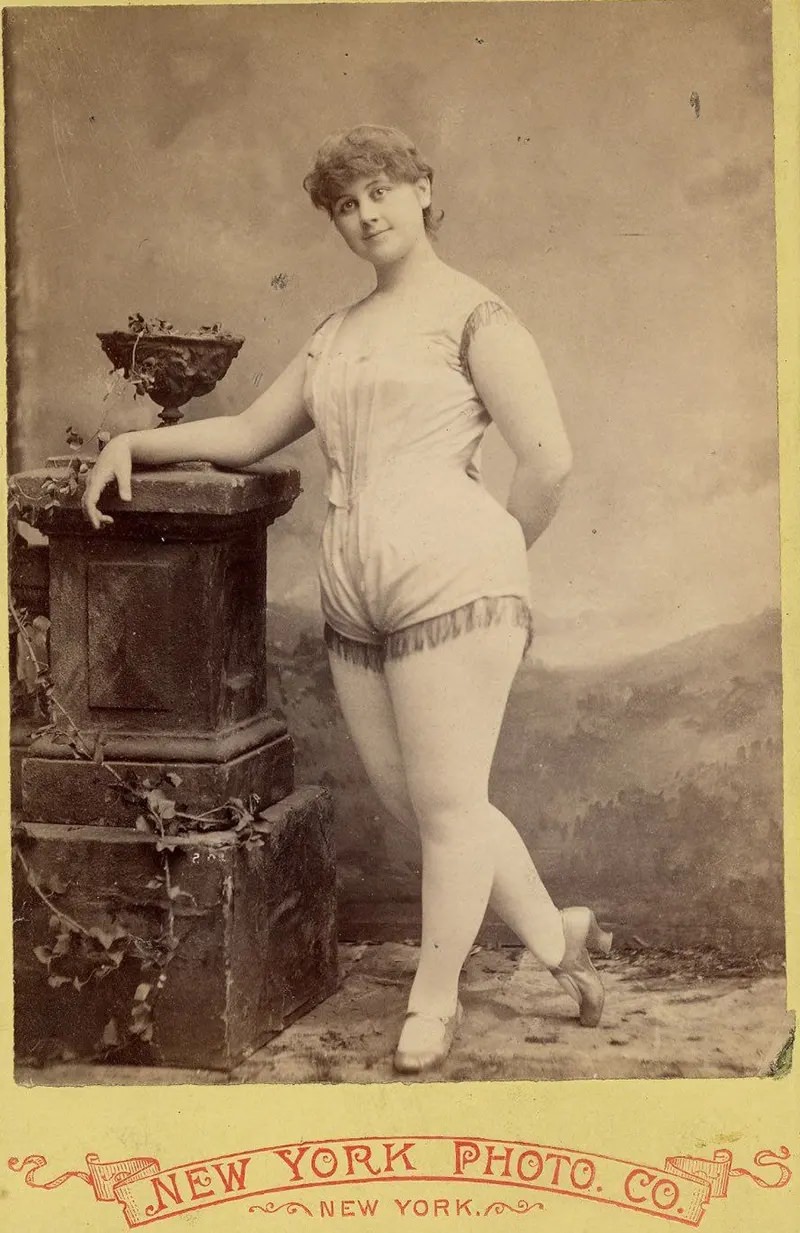
![Carrie McHenry as Jako in Bohemian Gy-url [sic], Colville Opera Company.](https://www.bygonely.com/wp-content/uploads/2022/08/Victorian-Burlesque-Dancers-28.jpg)
